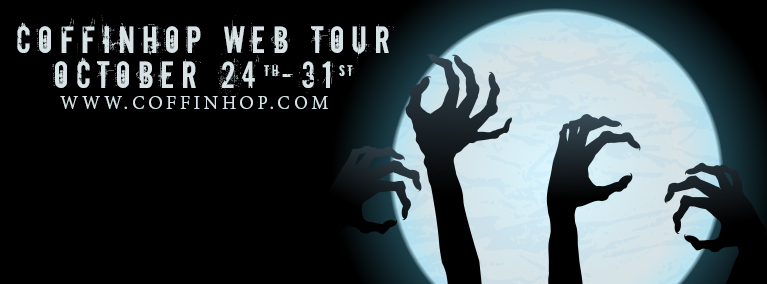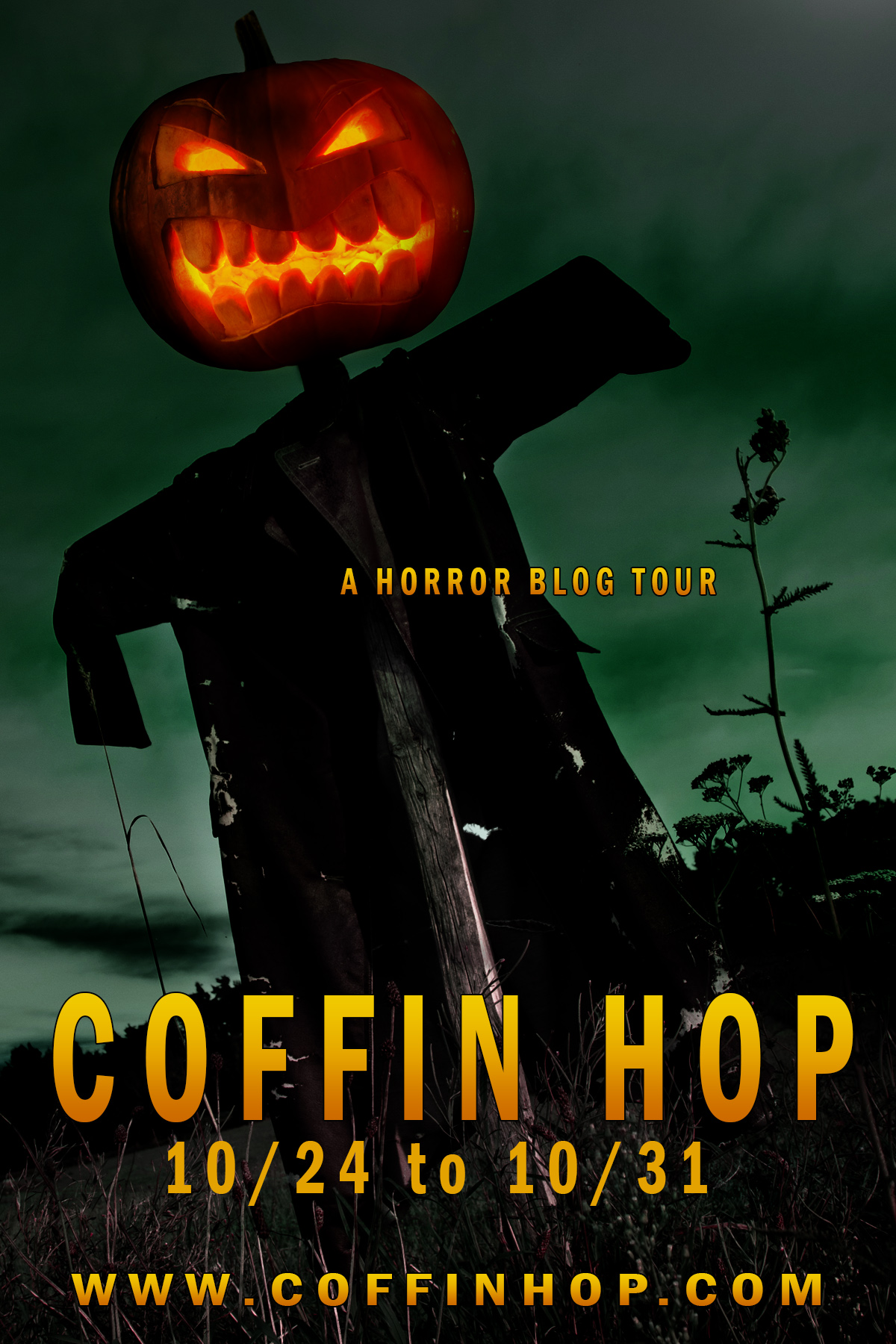

Today I welcome Tracy Groot, author of the Civil War novel
The Sentinels of Andersonville.
Sentinels delves into the story of the infamous prison from both sides, depicting the physical horrors of the stockade and the mental torment of Confederate soldiers and civilians who refuse to ignore the situation.
Chapman: I sometimes thought I was reading a novel from the period. What did you do to replicate the language and slang of the 1860s?
Groot: First, I read books that were from the period and about the period. From the period: the Civil War stories by Ambrose Bierce,
Miss Ravenel's Conversion from Secession to Loyalty, by John W. DeForest, many prisoner accounts of Andersonville, in which I found a lot of wonderful colloquialisms. About the period:
Gone with the Wind,
True Grit, several Louis L'Amour books which offer period-speak,
The Killer Angels, etc. Second, I watched good period movies and documentaries, took a lot of notes, and listened to the way the actors spoke:
Glory,
Gettysburg,
True Grit,
Andersonville,
The Andersonville Trial,
Gone with the Wind, some Louis L'Amour movies, some period western films, Ken Burns' Civil War series, Andersonville documentaries, etc. When you immerse yourself in the period through books and visuals, you can pick up dialect and cadence, and develop a feel of your own for the language. It's important to give yourself a lot of material to work with until it becomes sort of an
e pluribus unum thing--out of many styles and forms, one style and form that becomes your own, and yet is recognizable as period.
What was the hardest place you had to take a character in Sentinels?
My first reaction would be that it was hard to take Violet to the prison and decimate her innocence; but the truth is, it was harder to take Dance to the place inside himself where he finally knew his mind, knew what he had to do, knew what it would cost him.
Did you come across any studies comparing the apathy of Americus citizens with the apathy of German citizens living near concentration camps during WWII?
No, but I noticed those similarities too, especially when watching one of the final episodes of HBO's
Band of Brothers, when the soldiers find the concentration camp. The soldiers knew that the citizens knew of it. How could they not? Andersonville Prison, and a few other Civil War prisons, have been called America's concentration camps.
It is easy to see the Union prisoners as victims, but your work suggests that some of the guards were victims in their own way, forced to take part in a massive cruelty. Did you intend from the beginning to write the story from that perspective?
No, I didn't. At first, I wondered more about the citizens of Americus. But as research progressed, and as my story began to develop, I increasingly put myself up in the guard platforms, watching the prisoners. One of the most poignant (and disputed) facts I learned about Andersonville was the hanging of two guards in June of 1864. (One report says one was hanged, one says two. They were found guilty of conspiring with prisoners for a prison break. Whether they did it from mercy or from greed is unknown--guards were often bribed.) I know that things happen to the human psyche when decent people are forced to participate or watch horrible things. Rationalization, denial--all sorts of coping mechanisms come into play. I developed a deep empathy for the guards. I wish I had come across material from their perspective, post Andersonville, and while I'm sure it exists, I didn't find any.
A character from Sentinels
makes a direct reference to Dicken's A Tale of Two Cities.
There are other similarities in the plots. Did that novel inform your writing of Sentinels.
Funny you should say. :)
A Tale of Two Cities is probably my favorite novel. It's in the top 2. I'm not surprised some nuance or two made it into the book, given similar themes of revolution and hard choices, but you're the first to point it out to me. It wasn't intentional, but now that you mention it, not surprising.
Any more Civil War novels in your future?
I have two ideas rolling around which I'd like to pursue at some point: I'd love to write a story about the Battle of New Market, and the heroic actions of the young cadets at the VMI. I'd also love to write about David Farragut and the Battle of Mobile Bay—I'm interested in a guy who was essentially turned out to pasture (kind of like Lee), and then he's called upon to do something remarkable. I plan to write it against the thought of pasture in my later years, and so give myself hope. :)
Tracy Groot is the critically acclaimed and Christy Award–winning author of several works of historical fiction. Her books have received starred Booklist and Publishers Weekly reviews and have been called "beautifully written" and "page-turning" by Publishers Weekly, and "gripping" with "exquisitely drawn" characters by Library Journal.
Tracy and her husband have three sons and together own a coffee shop in Holland, Michigan.
To learn more about Tracy Groot and her work, check out her
Goodreads page.


























%2C_1000_circa%2C_miniatura%2C_cotton_ms._Tiberius_B._V.%2C_f._3r.%2C_Londra%2C_British_Library.jpg)


